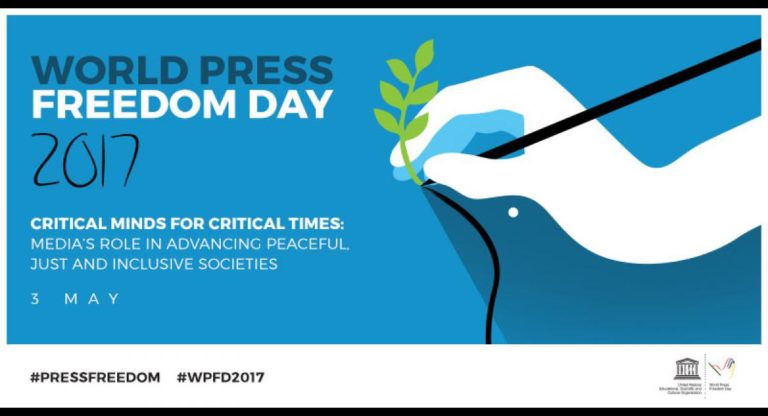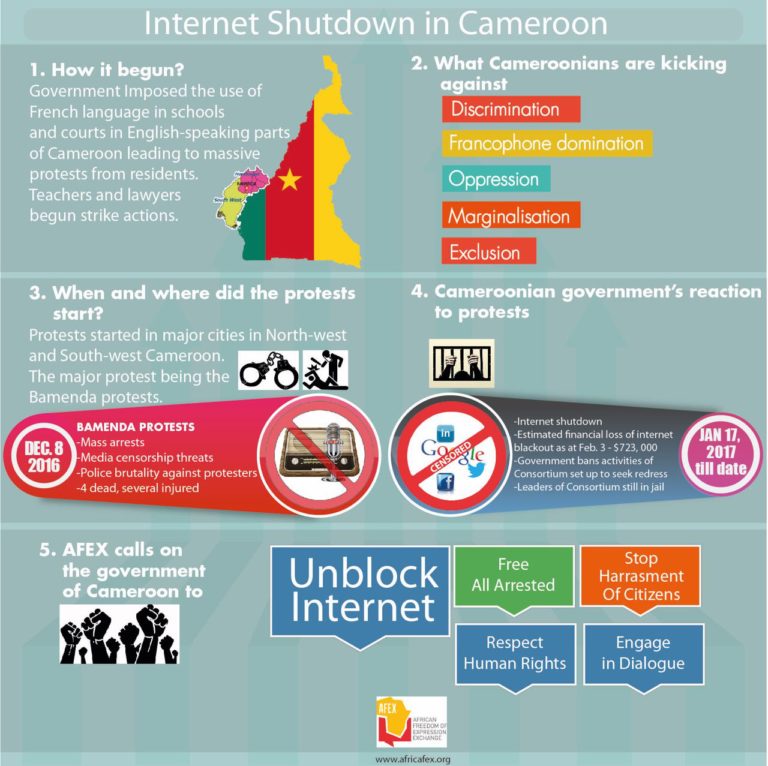This statement was originally published on mfwa.org on June 30, 2017.
Gendarmes in Guinea have arrested and detained a journalist for two days after he published what the authorities describe as “false information likely to cause public disorder.”
Amadou Sadjo Diallo, the correspondent of the online news portal, Guinee-matin.com in Lelouma, a town located about 515 kilometres from the capital, Conakry, was arrested by the gendarmes on the orders of the Prefect of the town, Mohamed Deen Camara.
The MFWA correspondent reported that some 60 people out of about 100 people who attended a naming ceremony on June 25, 2016, began throwing up and having running stomach after eating food served at the ceremony.
Diallo followed up the matter at the hospital where the victims had been sent for treatment and reported, citing a Red Cross source at the hospital, that it was a case of cholera. Shortly after the publication of Diallo’s report, the hospital authorities alerted him that it was rather a case of food poisoning. Consequently, the reporter revised the report to reflect the new information and rendered a public apology.
Nonetheless, the Prefect of the town, Mohamed Deen Camara, ordered the gendarmerie to arrest Diallo for ‘disturbing public order.’
The journalist was held for two days and released on June 28, 2017, following pleas by the traditional elders of the town.
The MFWA finds it regrettable that Diallo was arbitrarily detained because of an error in his report, despite the fact that he later admitted and rectified the error. We think that even if the journalist deserves some reproach, it lies within the mandate of the media regulator, Haute Autorité de la Communication (HAC), and such a reproach will certainly not include arrest and detention for two days. We appeal to the Guinean authorities including the HAC to take preemptive steps to ensure that such violations are not repeated.




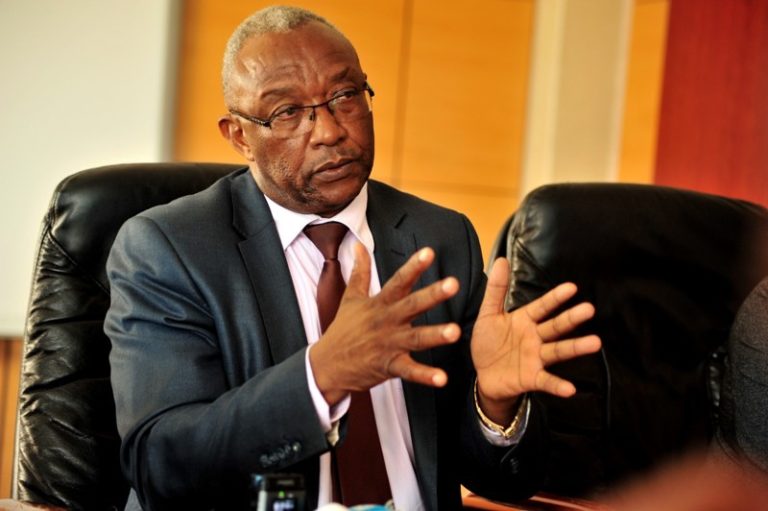

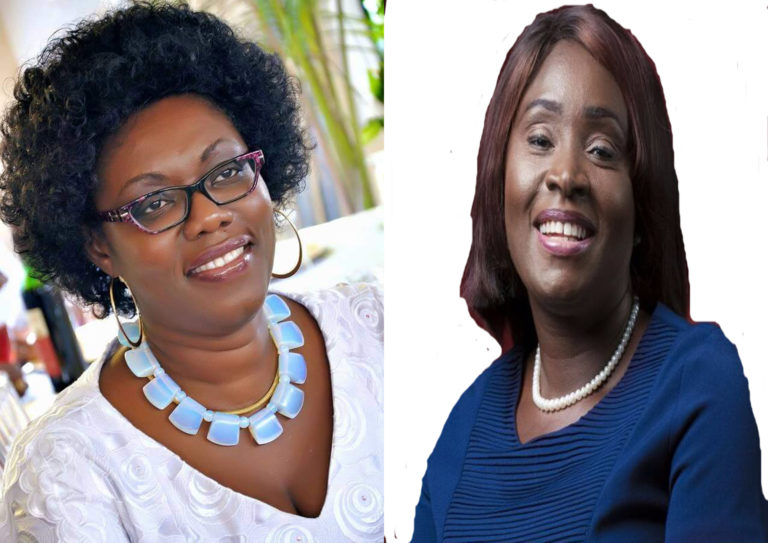
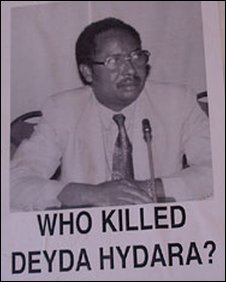 After Hydara’s murder, the state opened an investigation which was closed after 22 days. No arrests were made and no one was held responsible for the murder. The government silenced media who spoke about Hydara’s murder and also attempted to vilify him. In an interview on the state-owned Gambian Radio and Television Stations (GRTS) on June 9, 2009, ex-president Yahya Jammeh said Hydara’s gruesome murder was as a “result of personal revenge by a jealous husband, whose wife committed adultery with Hydara.”
After Hydara’s murder, the state opened an investigation which was closed after 22 days. No arrests were made and no one was held responsible for the murder. The government silenced media who spoke about Hydara’s murder and also attempted to vilify him. In an interview on the state-owned Gambian Radio and Television Stations (GRTS) on June 9, 2009, ex-president Yahya Jammeh said Hydara’s gruesome murder was as a “result of personal revenge by a jealous husband, whose wife committed adultery with Hydara.”